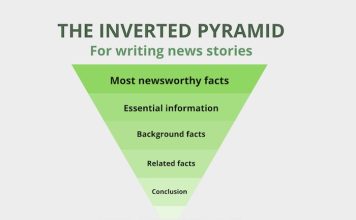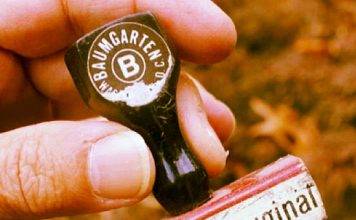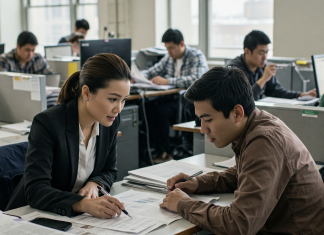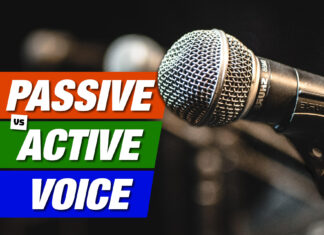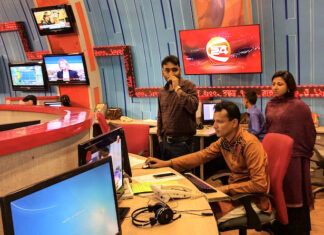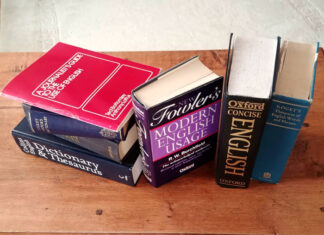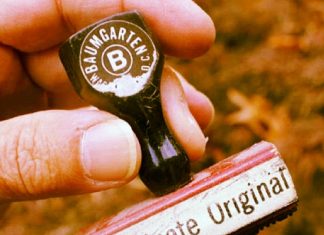Basics
Our basics section provides foundational knowledge for journalists starting their careers and for those wanting to refresh their skills. Learn techniques including news writing, interviewing, story structure, and reporting practices that form the bedrock of quality journalism. All our material is free to download, adapt and use. Scroll down our site map for all the content in this and other sections.
Developing and handling news sources
News sources are vital for journalists to find essential stories. Without reliable information, reporters would be left staring at a blank page.
Citizen reporting to citizen journalism
This article was written for a group of young citizen reporters from remote rural communities in Zimbabwe who were learning how to become journalists.
Language and style – basics
Learn how to write clear, impactful sentences for better understanding and discover why choosing the right language is essential for your readers.
Why some news stories are rejected
There will be times when a news story is withheld from publication, we look at why, what changes might be needed, and how to make sure a story is ethical and legally safe.
The active and passive voices in news
Make your news writing more interesting by using the “active voice”. Bob Eggington explains this simple and effective technique.
Constructing a TV news package
This article sets out the basics for creating a news package for TV. It's been created for those starting out in TV journalism.
Clichés, journalese, and jargon
Journalists need to recognise and then avoid using journalese, jargon, and clichés. Their writing must be clear, easy to understand, and informative.
You might also like
Lesson : Respecting privacy as a journalist
This lesson plan is designed to help journalists learn how to respect privacy while also being thorough as they investigate issues that are in the public interest.
Refresher: Managing newsroom evolution
This intensive, one-day newsroom management course is designed for senior editors and managers seeking to navigate the complex challenges of the evolving media landscape.
Module: Ethical scenarios
Master ethical newsgathering with this free six-week module for journalism students. Learn to navigate and resolve common professional challenges effectively.

